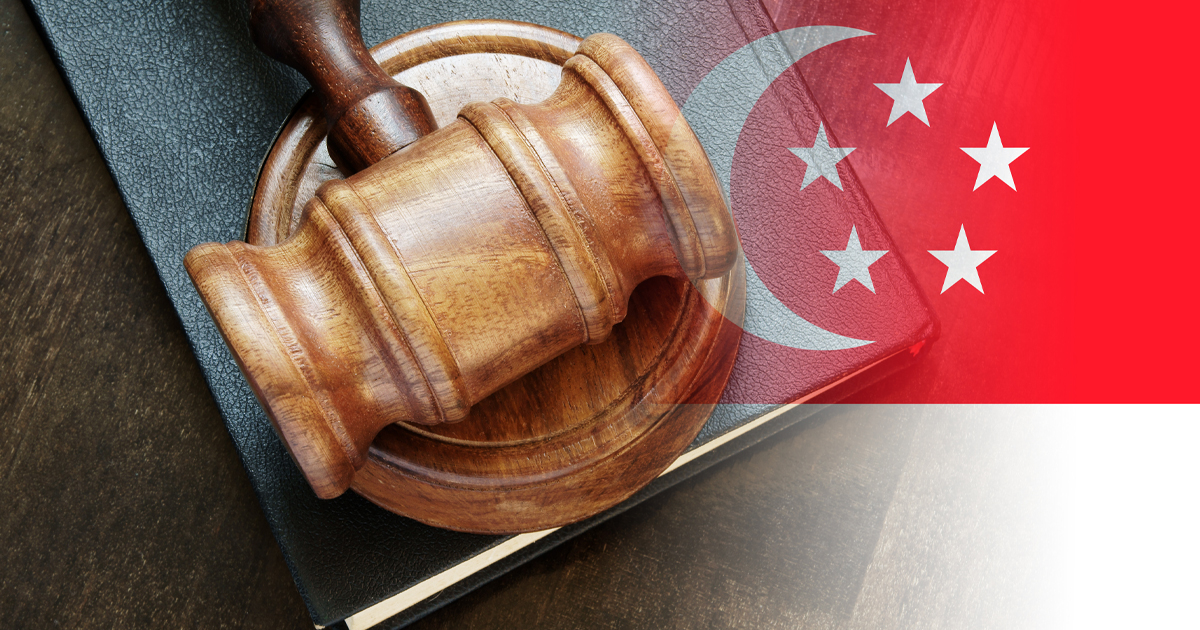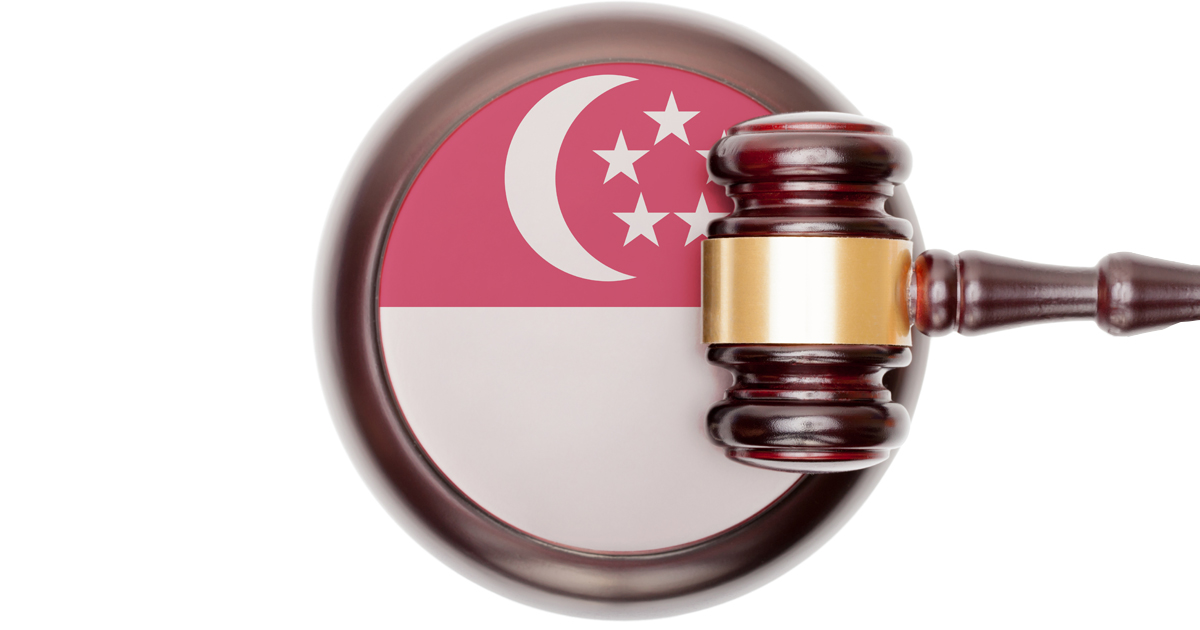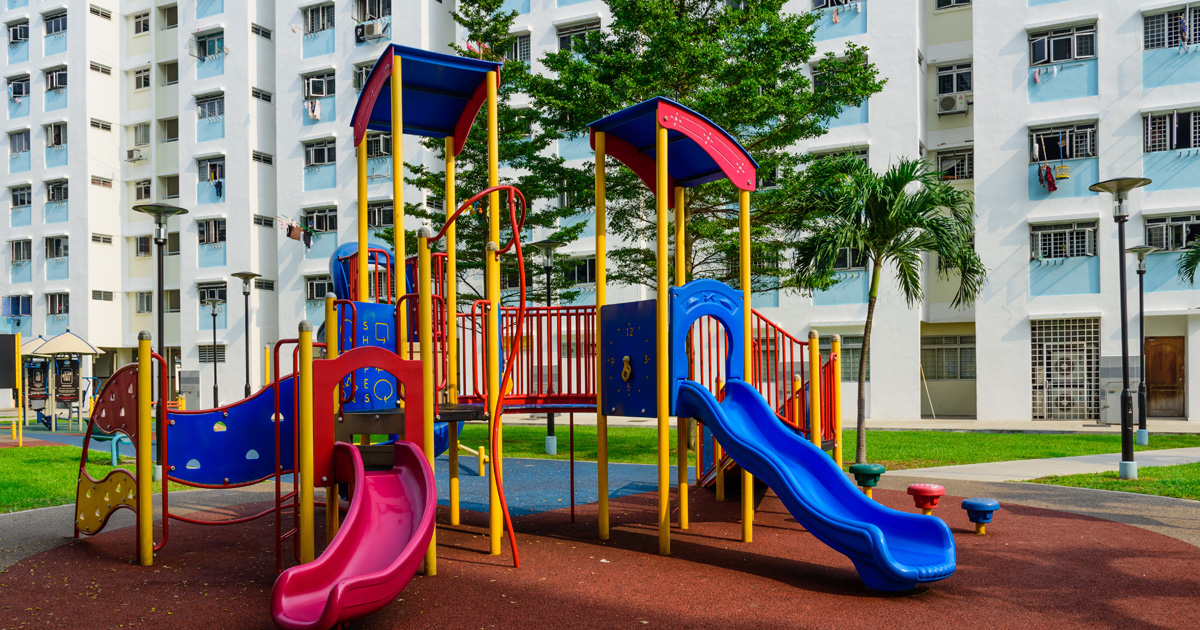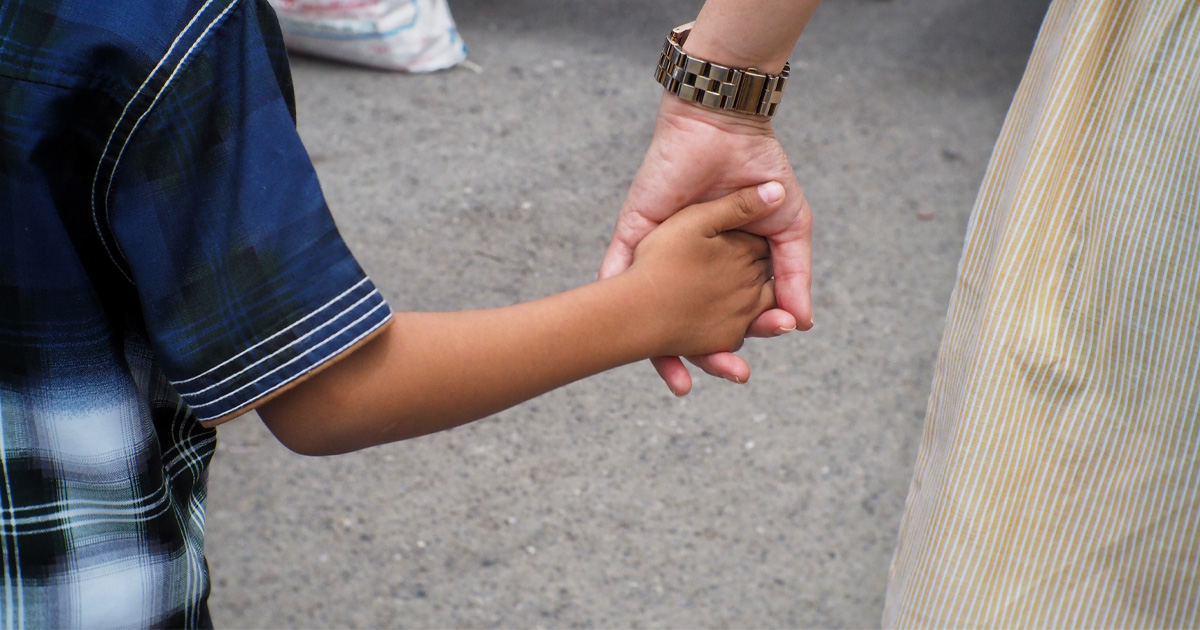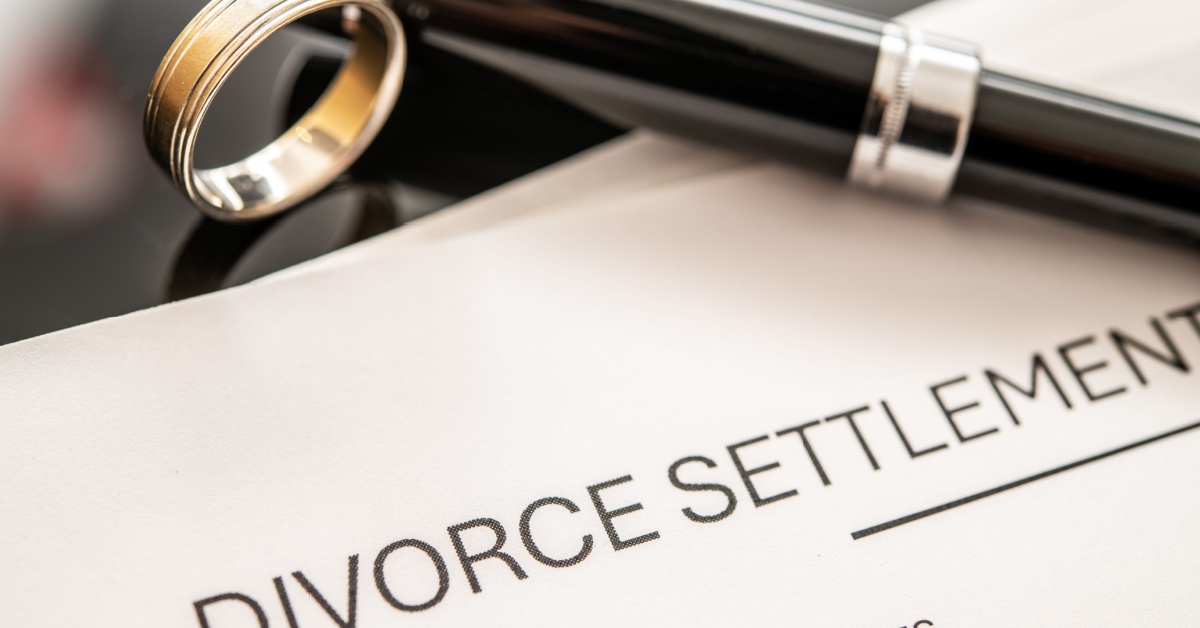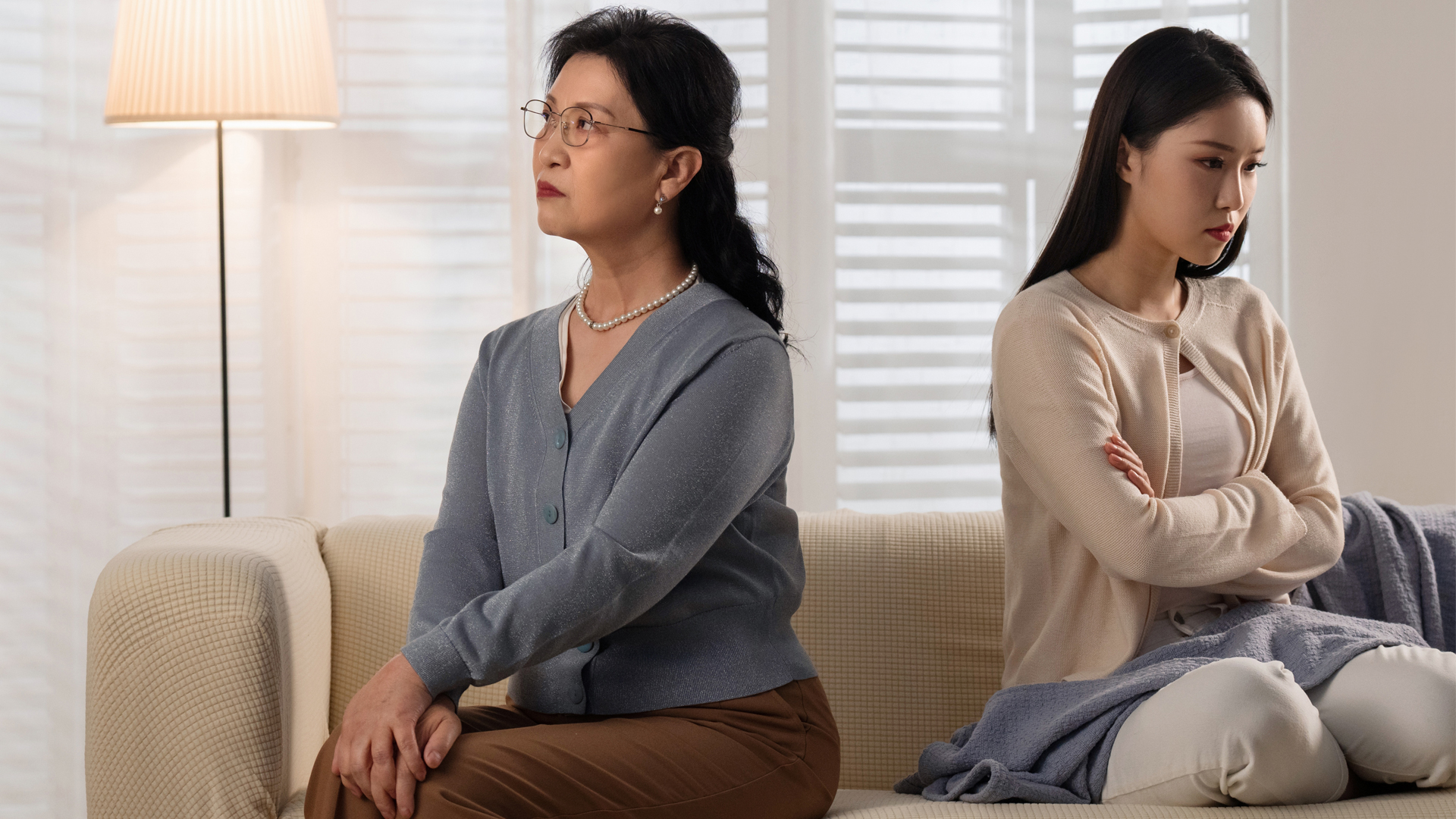Singapore reserves the death penalty for a narrow range of the most serious criminal offences. This includes certain violent crimes and drug-trafficking offences. In this blog, we provide a summary of what is a capital offence, how the courts handles such cases.
What are listed as capital offences?
Under the Penal Code 1871, Cap 224, they are namely:
- Intentional Murder
- Intentionally abetting the suicide of a person under the age of 18 or an insane person
- Kidnapping
- Gang Robbery with murder
- Drug trafficking above a specified weight threshold
- Unlawful discharge of firearms
What happens when someone is charged with a capital offence?
Any persons charged with a capital offence, whether a Singapore Citizen, Permanent Resident, or foreign national, the State of Singapore offers State-Assigned Counsel (i.e., private defence lawyers) to the accused person.
Extracted from the Supreme Court of Singapore website
All persons facing capital charges in the High Court are ensured of legal representation under the Legal Assistance Scheme for Capital Offences (‘LASCO‘). Under the scheme, anyone facing a capital charge is eligible to be counselled by the state. No means test or other eligibility criteria is imposed. In most cases, counsel will be assigned once a hearing date has been fixed for the Preliminary Inquiry.
Generally, for more complex cases (and subject to the approval of the Registrar, Supreme Court), two counsels will be assigned – one to lead, and one to assist. At the discretion of the Registrar, Supreme Court, junior assisting counsel may also be assigned to aid an accused person’s defence.
In addition, persons charged with a capital offence will generally not be offered bail and will have to remain in remand.
Foreigners facing Executions
Singapore’s legal framework treats everyone equally under the law. Our law enforcement agencies, the Public Prosecutor, and courts operate with professionalism and impartiality. No one who violates the law is treated differently because of their race or nationality. Accordingly, foreign nationals who are found guilty and convicted of a capital offence will face the death penalty.
As of mid-2023, there were 50 individuals on death row in Singapore, of whom 39 — approximately 78% — were foreign nationals. While this reflects a significant presence of foreigners among those facing capital punishment, more recent figures show that the composition is gradually shifting.
Execution rates in Singapore saw a sharp rise after the pandemic lull. In 2022, there were 11 executions, followed by at least 8 in 2023, 8 in 2024, and 4 so far in 2025 (as of June). The majority of these executions were for drug-related offences, with most of those executed being low-level drug couriers. While foreigners continue to be disproportionately represented, an increasing number of Singaporeans have also been executed in recent years.
This trend underscores the continuing use of capital punishment in Singapore for drug trafficking and murder, and its significant impact on both Singaporean citizens and foreign nationals.
| Breakdown by nationality | |
| Singaporeans | 10 |
| Foreigners | 13 |
| Breakdown by offences | |
| Drug-related offences | 21 |
| Non‑drug-related offences (Murder) | 2 |
Trial Process/Clemency
All criminal proceedings in Singapore, including those involving capital offences, are conducted in accordance with due process before an impartial and independent judiciary. In capital cases, the High Court will only return a finding of guilt after the accused has been tried and the Prosecution has led evidence to prove its case. A person may be convicted and sentenced to death only if their guilt is established in accordance with the law.
Capital cases are typically heard in the first instance heard by a judge sitting in the High Court. Following the conviction and the sentence of death is passed, the accused has one chance to appeal to the Court of Appeal At least three judges will to hear the appeal. If the appeal fails, the accused can still make an appeal of clemency to thee President of Singapore, who has the power to grant clemency on the advice of the Parliament.
Who cannot be hanged?
Neither persons under the age of 18 at the time of their offence nor pregnant women can be sentenced to death.
